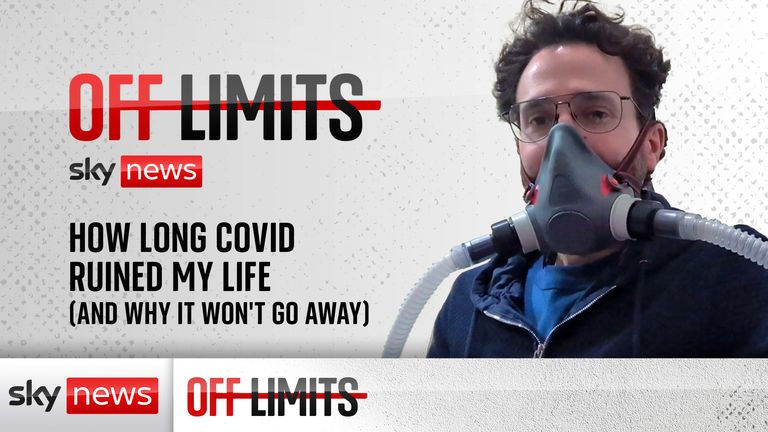More than half of long-term COVID patients develop organ damage a year after initial symptoms, according to a study.
Even those who were not severely affected when they first contracted the virus were still impaired, with extreme breathing difficulties and cognitive impairment among persistent symptoms.
More than 500 patients enrolled in the SAGE study – 62% of whom experienced organ damage six months after initial treatment coronavirus diagnosis.
Six months later, the patients had MRI scans that revealed the persistence of their health problems.
Results published in the Journal of the Royal Society of Medicine showed that 59% of lung Coronavirus Patients still had a problem with one organ, and 29 percent had multiple organs.
Only 13 percent of people in the study required hospitalization when they were first diagnosed with COVID.
However, symptoms lessen between 6 and 12 months.
Those with extreme breathing difficulties increased from 38 percent to 30 percent, cognitive impairment from 48 percent to 38 percent, and other health problems affecting their quality of life from 57 percent to 45 percent.
read more:
COVID inquiries: Families experience ‘anxiety’ and ‘restlessness’
How long has COVID ruined my life
Amitava Banerjee, professor of clinical data science at UCL’s Institute of Health Informatics, said the impact on quality of life was “a major concern” – especially for healthcare workers.
Almost a third of those in the study worked in healthcare.
Professor Banerjee said: “Many of the healthcare workers in our study were not previously ill, but 19 of 172 such participants were still symptomatic at a median follow-up and off-duty day of 180 days.”
“Organ damage from pulmonary COVID has implications for symptoms, quality of life, and long-term health, pointing to the need for preventive and comprehensive care for patients with pulmonary COVID,” he added.
